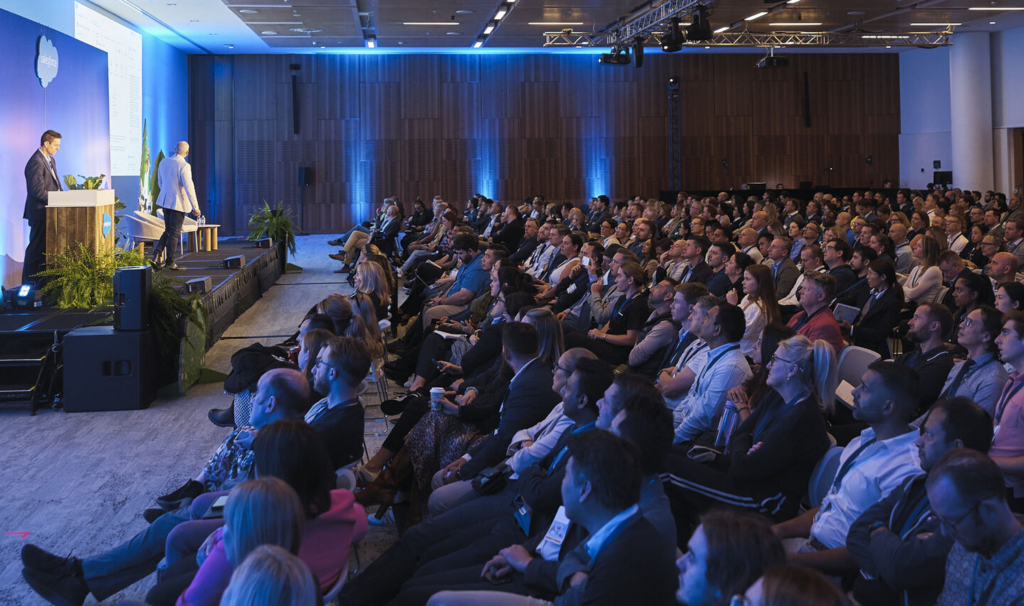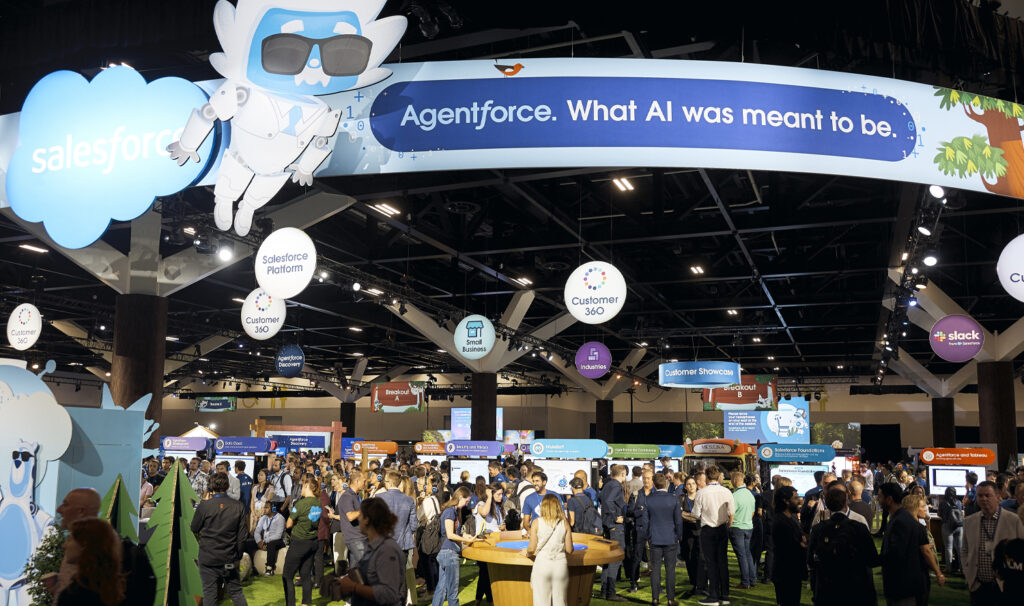You Had Me At ‘Minimum Viable Bureaucracy’
When Service NSW opened for business a few years ago, it’s honestly no exaggeration to say that we – the people of New South Wales – rejoiced. What began as a “concept store” for state government services in the south coast town of Kiama quickly gathered support from both the public and employees and soon became its own stand-alone agency.
The beauty was in the public-facing simplicity. Powered by digital systems, including Salesforce CRM, Service NSW delivered on the promise of its name, streamlining numerous government services, from drivers’ licences to working with children checks.
The specialist public-sector website The Mandarin summed it up neatly: “NSW residents … had battled to do business with hundreds of unconnected shopfronts and websites and thousands of government phone numbers routing into 30 call centres … Service NSW now offers a single point of engagement for NSW residents and businesses transacting on …. around 800 services in all. Nine out of 10 people in any year have contact with the NSW government, equating to about 40 million transactions a year. Transactions that were once a manual undertaking – involving double and triple handling – are being digitised, leading to huge gains in turnaround times for applications. For example, the seniors’ card application process used to take eight days to complete, but now takes just three minutes.”
As a Service NSW customer myself, it made me think about how much happier the employees must be now – and obviously are whenever I go into a centre. They’re dealing with customers whose needs are being met seamlessly, rather than the hair-tearing rigmarole that in the bad old days accompanied a task as simple as getting a new driver’s licence.
With Service NSW such a success, today the NSW Government is pushing ahead with Future Transport Technology and proudly talks not just about the well-known Minimum Viable Product aims of digital transformation, but also MVB, Minimum Viable Bureaucracy. Shredding the analogue red tape to embrace a digital future – you can’t argue with that.
Demystifying Digital to Unlock Better Ways of Working
It’s important to get teams on the same page – or screen, to be precise – to activate digital transformation.
At a recent digital showcase, NSW Public Service Commissioner Emma Hogan said they had asked staff what they actually thought “digital” means. Answers ranged from “the internet” to “coding” to “an app”. Said Hogan, “We think of it as a mindset shift in the way we work … underneath that there’s a huge amount of skills growth in areas that need to evolve.”
Digital also means that citizens whom the public service sector is serving have much higher expectations. Accenture research in 2017 found that 85% of people believed that government departments should offer digital services superior to those provided by private companies. Unfortunately, Salesforce research that same year reported that 68% of people surveyed said they had a better experience with private companies.
That’s the opportunity that projects such as Service NSW really seized. The good news is that digital transformations can be fast. Identify a problem to solve or an area to streamline, start with that and then scale it. It does require a culture shift, which is where employees can come to the party and make a real difference.
“With the right mindset, things can happen quite quickly,” UTS vice-chancellor Atilla Brungs told the digital showcase, explaining how his own university had shifted its offerings to make access to digital accelerators and incubators available to many thousands of students, rather than just a few hundred.
Student startups give our future employees the entrepreneurial mindsets we’re looking for – to try new things and learn. For big projects, however, it’s vital to select “future-proof” software, which is where the globally renowned Salesforce Cloud Suite has supported thousands of businesses and government organisations around the world. You want to choose a platform that is secure, easy to configure and fast to deliver. It should be constantly evolving, with regular update releases. And it must operate across multiple channels and devices, to meet your customers wherever they are and however they want to interact with you.
Opening A World of Learning
The future of work is here right now, and that’s an exciting prospect for people at every stage of their careers. “The biggest shift in focus is this isn’t about jobs, it’s about skills … the skills mix of a role is changing,” said the NSW Public Service Commissioner Emma Hogan, talking about a workforce that is 400,000 people strong.
What’s exciting is that routine and often boring tasks are being automated, with artificial intelligence (AI) and machine learning (ML) improving exponentially before our eyes. Not only does this allow us to deliver our customers faster, accurate and customised service, it frees us up to do the more interesting tasks that humans will always be better at. Or, as the Mandarin website describes it, from menial to meaningful.
Jobs – even those that keep the same title – are changing. To keep up, we all have to embrace the concept of lifelong learning to best harness the power of those technological assistants to help us do our jobs more creatively and better.
Multiple new opportunities are opening as technology makes more possible. What’s interesting is that there’s a bigger call for what have traditionally been dubbed ‘soft skills’, which most agree are often the harder skills to acquire, such as customer service, conflict resolution and leadership. Recent Deloitte research in Australia found that customer service skills topped the list of skills shortages in the public sector.
Technology isn’t taking our jobs, it’s enhancing them, creating paths for our development as great employees and also for our personal growth as human beings.
To learn more or to speak to one of our experienced team please get in touch so we can tailor a solution that best suits your needs.
Follow Simplus Australia on LinkedIn to get the latest industry news, Salesforce updates, and topics that matter to you and your organisation.






